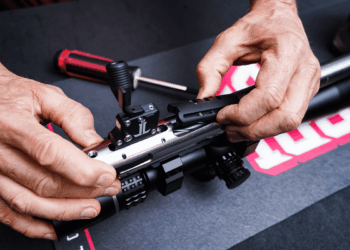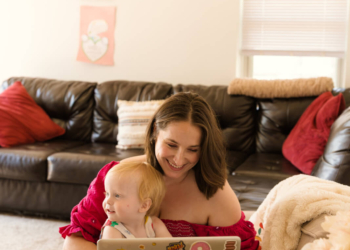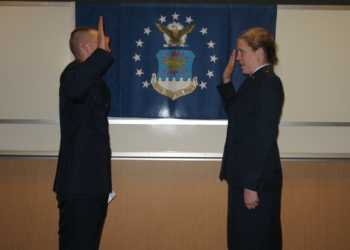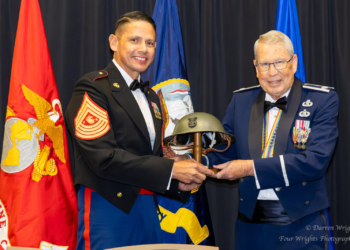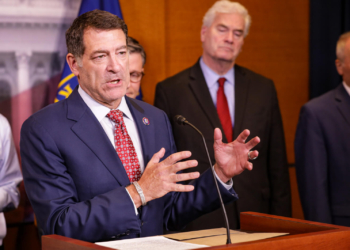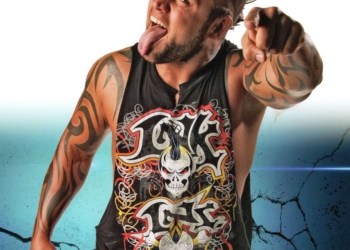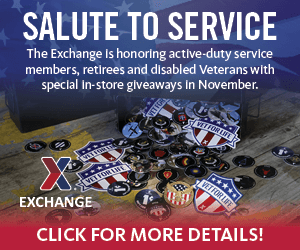No one asked if I was a veteran when I left the military in 2013. Even at military events, because I am a woman, it is assumed I am there because I am a military spouse. But, over the past 10 years I have seen a shift in how military women are treated in society and the military community. Overall, things are getting better.
I remember the first time a civilian asked me if I was a veteran. It was in 2019, years after I transitioned, and I was waiting in the corrals at the Cherry Blossom 10 Mile race in D.C. I can’t remember how or why we started talking but we were discussing military things, and the topic of my husband’s service came up. The guy then surprised me and asked if I had served too. It shocked me.
This was the first time I can remember a stranger asking me that question with no context or prompting. I was elated to tell him I served, and he continued to ask questions about my experience. It was a great conversation.
Years have passed since that moment, but I won’t forget that day because it was the first time someone recognized the possibility that I once wore a uniform. And you might wonder why this memory sticks out in my mind even when much of it has faded? This was such a rare experience compared to other interactions I’ve had about military service.
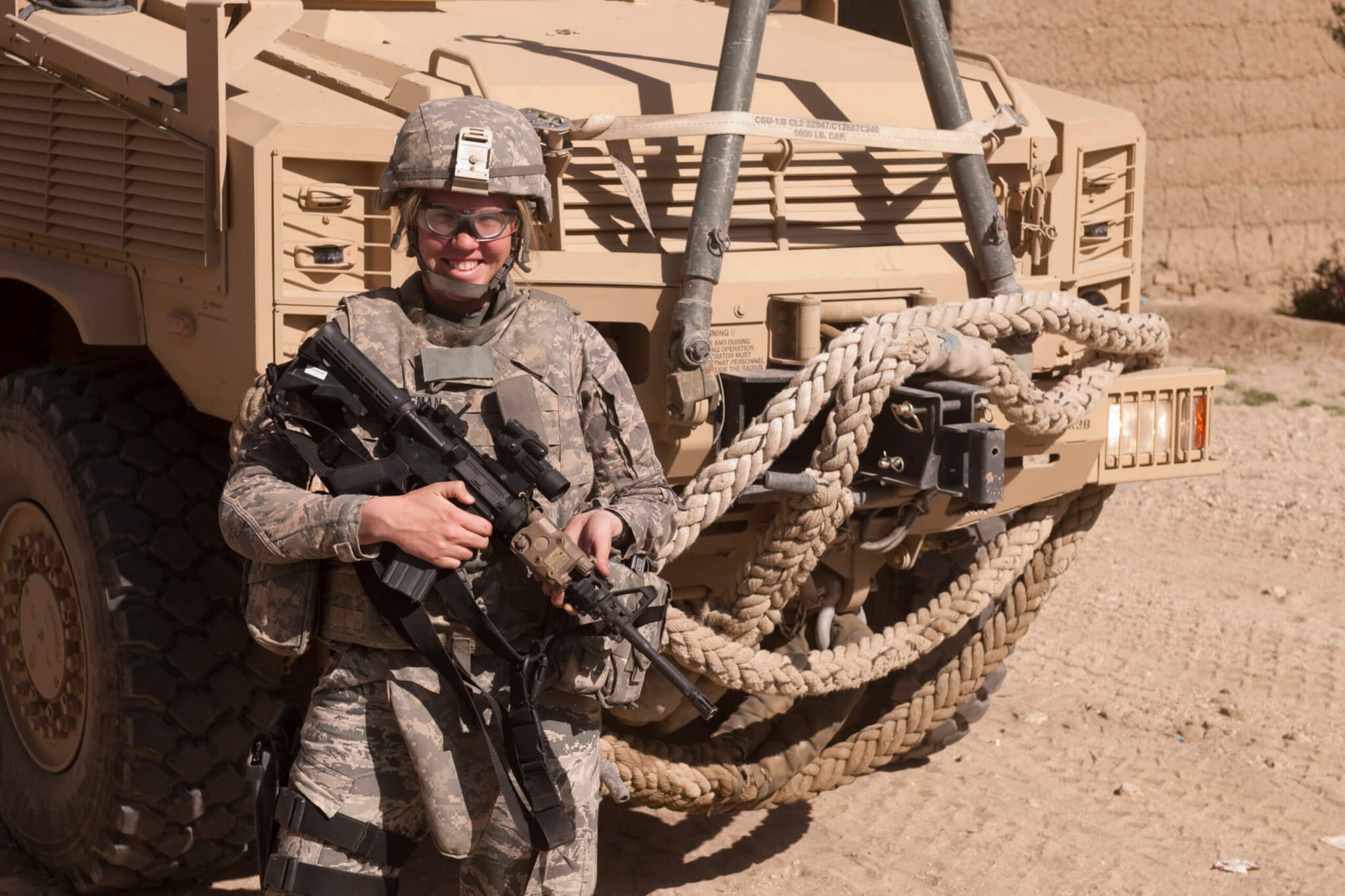
For women veterans or currently serving women, it is not uncommon for someone to assume your spouse served and not you. Even when someone finds out you are a veteran, any interest in your own experience quickly fades. More common is that it is either not asked or when people find out you are a woman veteran, the response is “oh.” That’s it; the story ends and questions stop.
In October, I attended the Military Influencer Conference (MIC) in Atlanta. As I made my way around the expo, I stopped at the Veterans of Foreign Wars (VFW) booth. I wasn’t planning to but the path was blocked while attendees took photos. A VFW representative started talking to me while I waited. He asked, “Are you a veteran?” My answer seemed to surprise him; something I concluded by the look of pure astonishment on his face. He quickly recovered and followed up with, “did you serve in a combat zone?” (a requirement to join the VFW). When I told him yes, he shared benefits of joining the VFW and showed me how to connect with my local chapter at home.
Having attended MIC many times, I have seen things evolve. It is progress that he even asked if I served and didn’t assume I was a military spouse. In 2018, when I first attended the conference, I was asked multiple times about my husband’s branch affiliation. It left me feeling defeated and frustrated.
This year was vastly different, and I think there has been a lot of change in how women are perceived within the veteran community. I felt seen as a veteran without having to force myself to stand out as one. But has the narrative changed for women at large? I asked my connections on LinkedIn to find out what others are experiencing.
Response after response included how women are often overlooked for their service.
Multiple women who are married to someone who has not served found their spouse thanked for their service, but when the person is corrected, the conversation stops with confusion and the common, “oh.”
Others said they feel anxious when attending veteran events because people assume they are lost. “This event is not for spouses,” is something I have heard. Even places that are supposed to be open to all veterans, like the VFW, can sometimes leave women feeling unwelcome as they find themselves having to prove they served.
For six years I have dedicated myself to sharing the stories of women veterans on my podcast Women of the Military. In that time I have learned so much about the amazing women who have served and the impact women have had on the military — something I never learned about while I was in the Air Force.
If you see a woman at a Veterans Day event, don’t assume she is a military spouse; assume she earned her place there. If she tells you she served, take the extra step to learn about her career and experience. It might be a small moment in your life where you learn something new, but it could be a memory that stays with her long after the conversation ends.




















